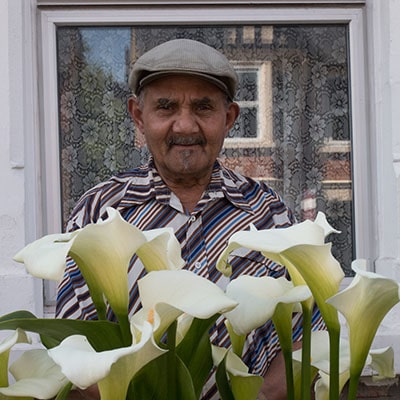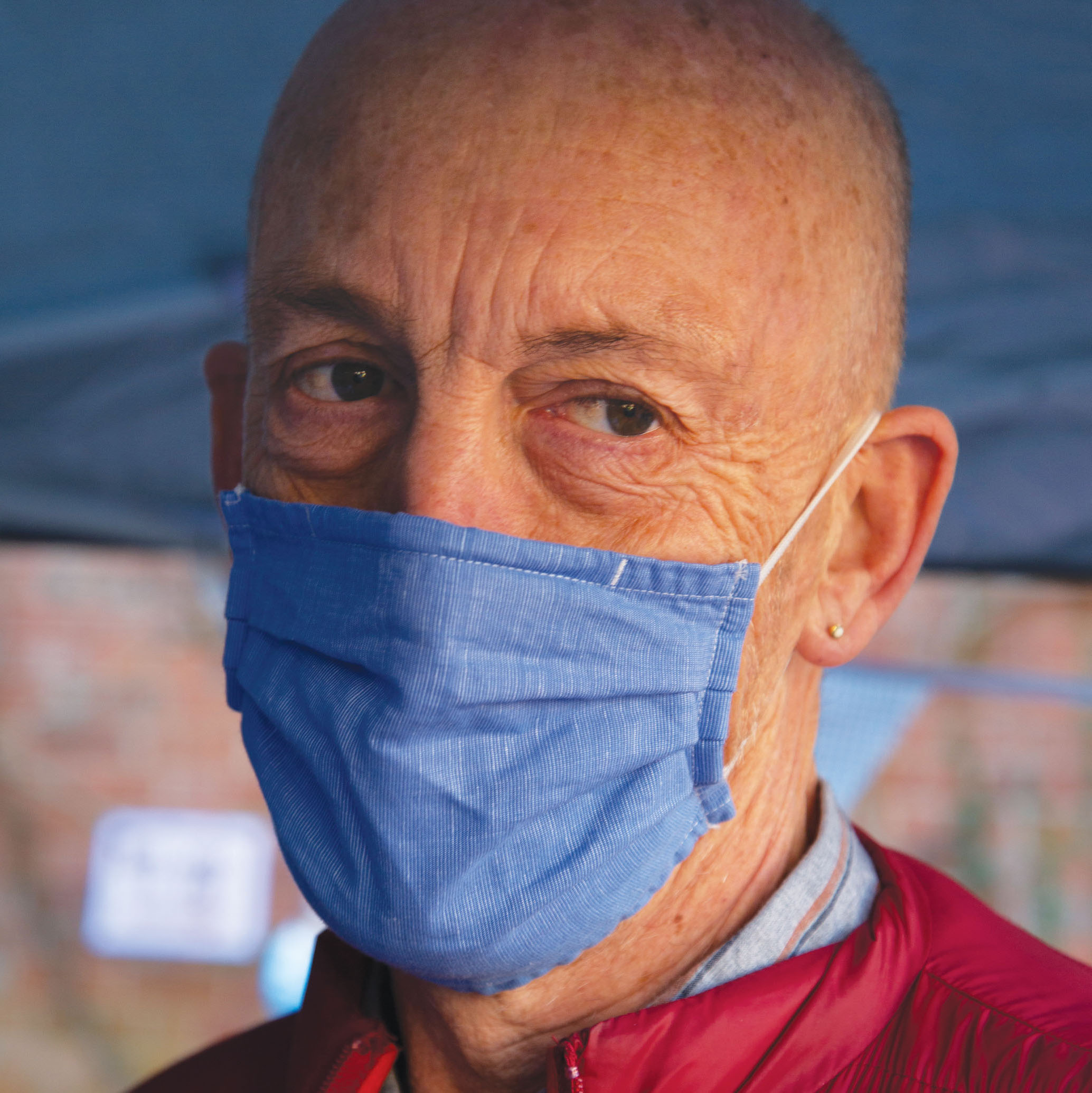Is climate justice at the heart of the Covid-19 recovery?
There were many striking images that emerged from the G7 Summit in Cornwall in June – but let’s not dwell on Boris Johnson’s early morning made-for-TV dip in the sea. Another was world leaders standing at the top of aircraft steps shading their eyes or waving to the assembled media, having just flown in from wherever. All very 1950s BOAC tour of Africa-style. Yet this is 2021, and looming large on the Summit agenda was global climate change – just six months out from the COP26 Summit in Glasgow. Now I can understand why Joe Biden passed up on a Greta Thunberg-type trip across the Atlantic in a sailboat to be in Cornwall, but there was no excuse for Angel Merkel or Emmanuel Macron, let alone the aforementioned Boris Johnson. After all GWR runs a perfectly good service to Cornwall from Paddington, and the Eurostar service from both Berlin and Paris to London is great. I’ve done both in my time.
But seriously. What message do these short-hop trips by air by word leaders who ought to know better, and can avail themselves of quick and efficient alternatives, send? This has been the subject of recent reports by Oxfam (1) the UN Environment Programme (2) and a thoughtful and for its readers, doubtless quite challenging, article in the Financial Times (3) based on these studies. The headline to that says it all, ‘Climate Change is becoming less of a battle of nations than rich vs poor’. Up to now the received wisdom has been that the key divides over greenhouse gas (GHG) emissions policies are between states; developed versus developing, fossil fuel exporters versus importers, and green-aware countries such as the Scandinavians versus less green, such as Australia. It’s the rationale on which COP26 is based, where world leaders, or at least their Environment ministers, trade emissions targets, GHG concentrations in parts per million, or decimal point increases or reductions in global temperature rises. But as the UN Emissions Gap report puts it, to limit temperature rises to the 1.5C signed up to in the 2015 Paris agreement, would require the richest 1% of the world’s population to cut their carbon footprint by 2030 ‘by at least a factor of thirty’. That 1% isn’t just a few tens of thousands of oligarchs and tech giants. It is big number, well over 60 million people world-wide.
The shocking dimension is just how big the gap is between that group and a typical inhabitant of the planet actually is. The Oxfam report’s data is pretty stark. Since 1990 ‘extreme carbon inequality’ has led to a doubling of cumulative emissions or put another way it took around 140 years to use 750Gt of the global carbon budget, and just another 25 years from 1990 to use the same amount again. The richest 1% alone were responsible for 15% of cumulative emissions in that period – twice as much as the poorest half of the world’s population. And the richest 10% (which includes practically the entire UK population) were responsible for 52% of cumulative carbon emissions. Addressing their readers directly the FT says, ’Almost everything the wealthy do involves higher emissions, from living in bigger houses to running larger cars and flying more often, especially by private jet. Eating meat comes into it, as does owning a swimming pool. Not to mention a holiday home. Or homes.’
One really striking piece of data in the Oxfam report debunks the ‘Its China’s fault’ argument. The poorest 50% of Americans still emit twice as much carbon per capita as the richest 10% in China do. That has a lot to do with planning, or the lack of it. Take two cities of similar population, climate and standard of living, Barcelona and Atlanta. The carbon footprint of Atlanta’s population is ten times that of Barcelona’s. Why? Because of the highly dispersed nature of Atlanta’s urban form, lengthy commutes by private vehicle, almost no public transport, large poorly insulated homes. And residents in cities in the USA are far more carbon efficient than their neighbours 10-30 miles away in the suburbs.
The Oxfam report doesn’t pull its punches on the implications of unequal growth and climate justice. Unequal growth slows poverty reduction rates; the World Bank estimates that continued unequal growth of the kind we currently witness will take 200 years to lift everyone above the $5.50 a day poverty line. But this means that the global carbon budget is being rapidly depleted – by rich people, basically to expand the consumption patterns of a small slice of the world’s population. What this means in practice is that two largely voiceless groups who have contributed the least to the climate crisis are being penalised the most. These are the world’s poorest and most vulnerable 50%, the 3.1 billion who contribute just 7% of the planet’s cumulative emissions and who are already experiencing most directly the impacts of a world that is 1C hotter; and future generations, who will inherit a depleted carbon budget and an even more dangerous climate. Intersectional climate injustice (ie impacts exacerbated according to race, gender, age etc) shouldn’t be ignored either. For example in the USA, predominantly black neighbourhoods that were historically denied access to investment, so-called ‘redlining’, experience temperatures up to 7C hotter than other neighbourhoods in the same city, a result of fewer green spaces – cities like Atlanta, sometimes described as ‘the black capital of the USA’.
When the G7 leaders met in Cornwall, Covid-19 was top of their agenda, and many were calling to ‘build back better’ after the pandemic. What the responses, patchy as they were, demonstrated is that once unthinkable changes in the lifestyles of the richest in society can be adopted in the interests of all of us – given the recognition of the emergency. We won’t have long to wait to see if the outcome of COP26 can build on that insight. But if even the FT is calling for change in their readers interests, let alone everyone else’s, perhaps politicians are pushing on an open door.
1. https://www.oxfam.org/en/press-releases/carbon-emissions-richest-1-percent-more-double-emissions-poorest-half-humanity
2. https://www.unep.org/emissions-gap-report-2020
3 Wagstyl, Stefan. ’Climate change is becoming less a battle of nations than rich vs poor’. Financial Times 21 May 2021
This article first appeared in the July/August 2021 issue of Town & Country Planning

